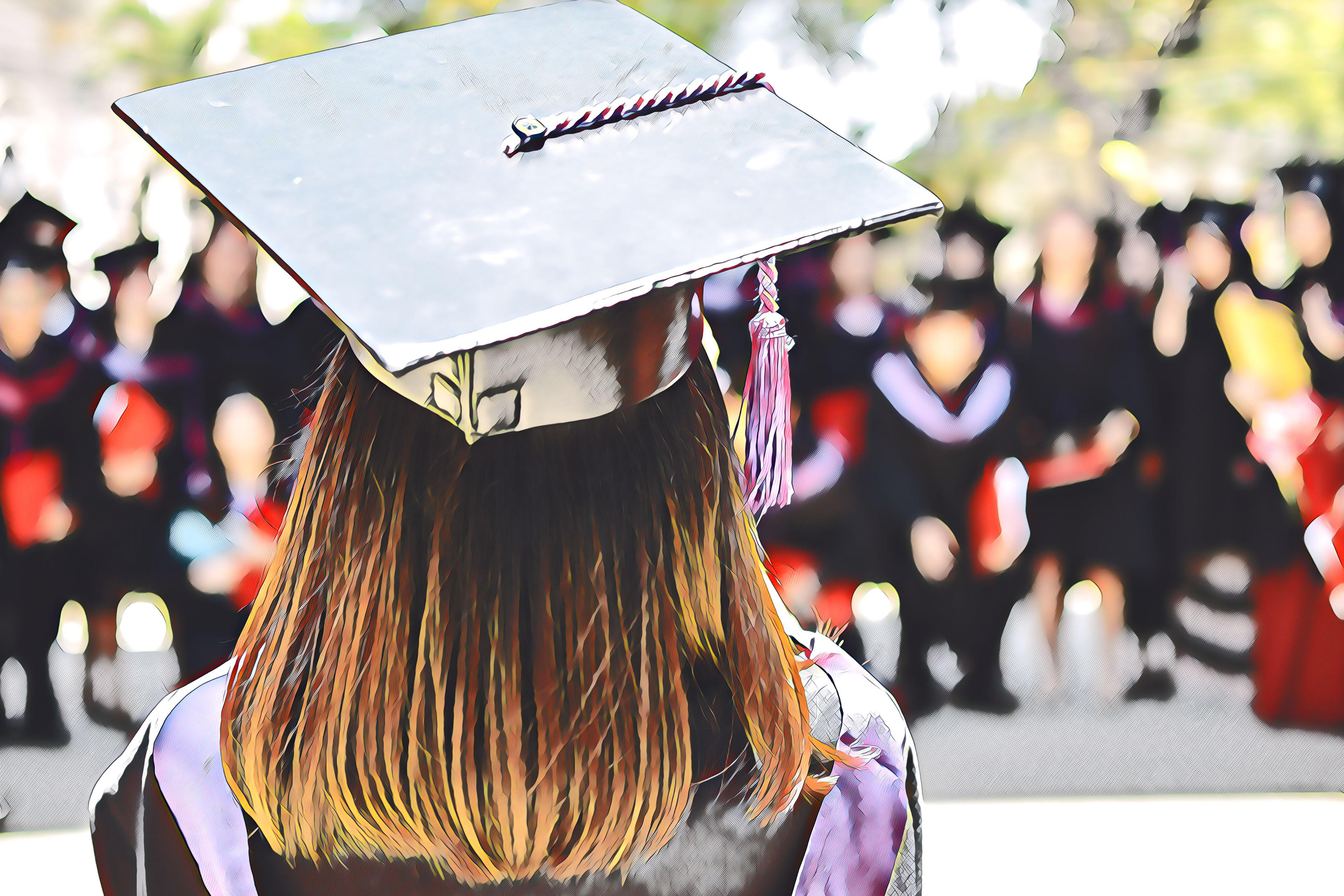Judge orders graduation prayers to stop in South Carolina school district

Via Religion Clause, a federal judge in South Carolina has ruled that the Greeneville School District was not in compliance with a previous order. As a result, the court expanded the order to more effectively bar prayers at graduation ceremonies unless they are entirely student-led and initiated. Even then, if officials review and approve speeches in advance, they must under this court’s permanent injunction remove any prayers from the prepared remarks.
The court was especially concerned that some commencement programs asked the audience to stand during a student’s remarks, and it noted that school officials remained in control of the content to some degree by reviewing remarks ahead of their delivery. So, even though the school district’s policy is appropriately neutral, the court ruled that its practices give the appearance of religious endorsement and entangle the school district with religion in violation of the First Amendment.
The expanded injunction includes these provisions:
(1) The district shall not include a prayer –whether referred to as a prayer, blessing, invocation, benediction, inspirational reading, or otherwise–as part of the official program for a graduation ceremony. The district also shall not include an obviously religious piece of music as part of the official program for a graduation ceremony.
(2) The district and/or school officials shall not encourage, promote, advance, endorse, or participate in causing prayers during any graduation ceremony.
…
(5) The portions of any graduation ceremony devoted to student remarks shall be given the same name in any program or flier, such as “student remarks,” “student speech,” or a substantially similar, non-religious name. No program or flier may direct the audience or participants to stand for any student’s remarks at a graduation ceremony.
(6) If school officials review, revise, or edit a student’s remarks in any way prior to the graduation ceremony, then school officials shall ensure that the student’s remarks do not include prayer.
(7) If school officials do not review, revise, or edit a student’s remarks in any way prior to the graduation ceremony, then a student’s remarks may include prayer, provided that no other persons may be asked to participate or join in the prayer, for example, by being asked to stand or bow one’s head. Moreover, in the event that a student’s remarks contain prayer, no school officials shall join in or otherwise participate in the prayer.”
The judge also previously ruled unconstitutional the district’s practice of using a house of worship for its commencement ceremony.
Public school graduation ceremonies are celebrations for all students and their families and should steer clear of messages or content that would make some feel ostracized or like second-class attendees because of their faith (or choice not to practice a faith). Here, the court appears to have gone as far as it can to provide that protection while being mindful of a student’s freedom of speech when given truly free rein to deliver personal remarks.




